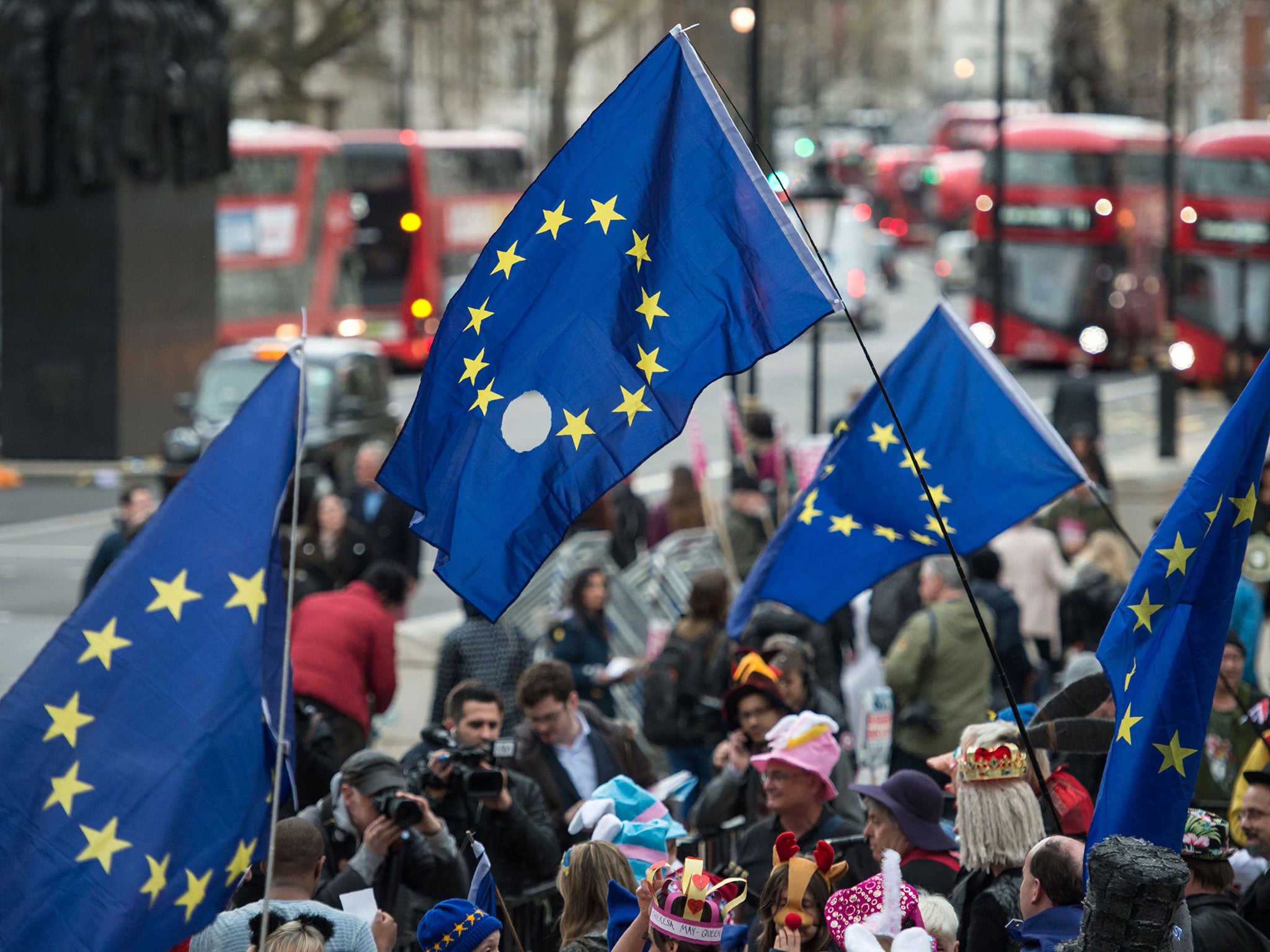Third of young people say their mental health has deteriorated since Brexit vote, survey shows
One in three young people feel more anxious now than this time last year, with leaving the EU, money worries and the cost of housing being the main causes

One in three young people say their mental health has declined in the past year, with nearly half citing the Brexit vote as a cause of anxiety, new research shows.
A poll of more than 4,000 18-30 year-olds in England and Wales shows that a third of young people (32 per cent) feel more anxious now than this time last year, with leaving the EU, money worries and the cost of housing being the main reported causes.
The findings, carried out by Populus for charity the Young Women’s Trust, have prompted concerns that youthful optimism has been replaced by worry and anxiety due to financial troubles and uncertainty about the future.
Half of young people (47 per cent) said they feel worried for the future. Two in five (42 per cent) said Brexit was a cause of anxiety, followed by concerns about buying a home (41 per cent) and their current financial situation (37 per cent).
The findings echo research by the British Council earlier this month, which showed that many young British people were worried about Brexit’s impact on their opportunities and career plans.
The report also reveals that financial pressures are particularly affecting women, with two in five young women (41 per cent) saying it was a real struggle to make their cash last until the end of the month, compared to 28 per cent of young men.
Nearly half of young women (48 per cent) and 39 per cent of young men said it would be a “big financial problem” if they had to replace a large item such as a fridge or a washing machine this year.
Sexism and racism is also a significant issue for young people, with a third of young women saying they had faced gender discrimination when working or looking for work, and 41 per cent of black and ethnic minority young people saying they had experienced work-related racism.
Responding to the findings, Young Women’s Trust chief executive Dr Carole Easton OBE said low pay, insecure work and housing pressures meant things now appeared to be “going backwards”, with young people no longer having more opportunities than the previous generation.
“The traditional stereotype of youthful swagger and optimism seems to have been replaced by worry and anxiety. Perhaps this is not surprising given, that young people are facing serious financial troubles and uncertainty about their future,” she said.
“Low pay, insecure work and housing pressures are leaving young people struggling to make ends meet, which is having a terrible impact on their mental health. We are used to each generation having more opportunities than the last, but there is a feeling now that things are going backwards.
“These are very worrying times for young people – especially young women, who are hardest hit.”
Join our commenting forum
Join thought-provoking conversations, follow other Independent readers and see their replies
Comments